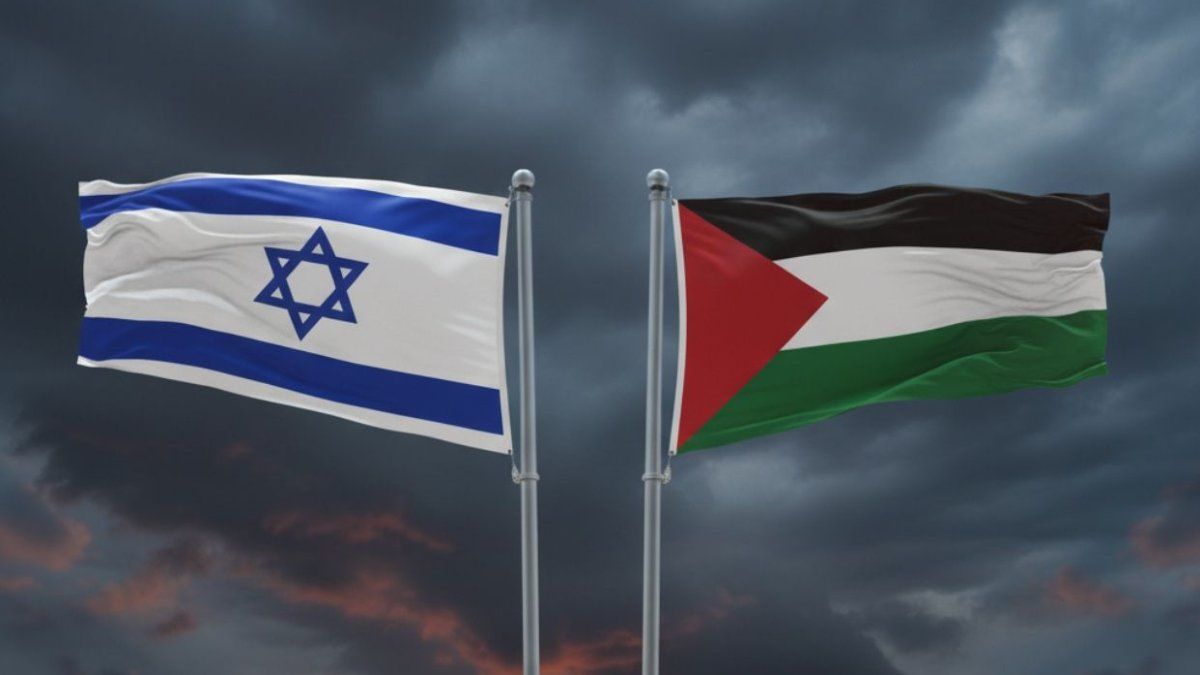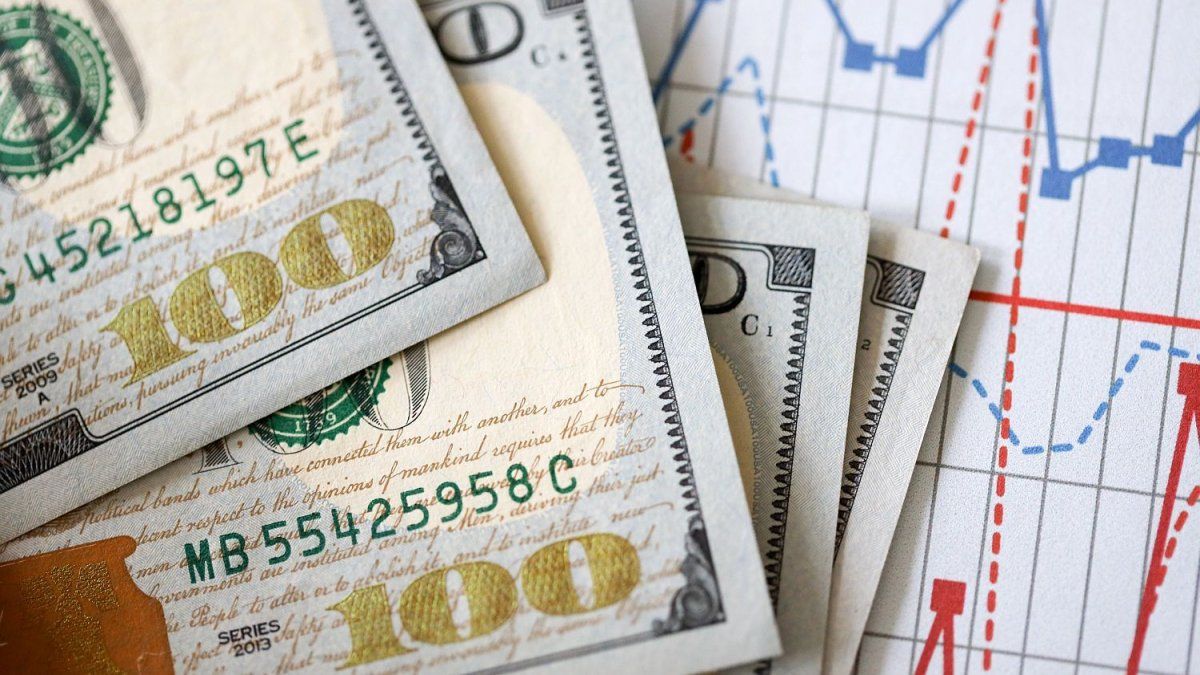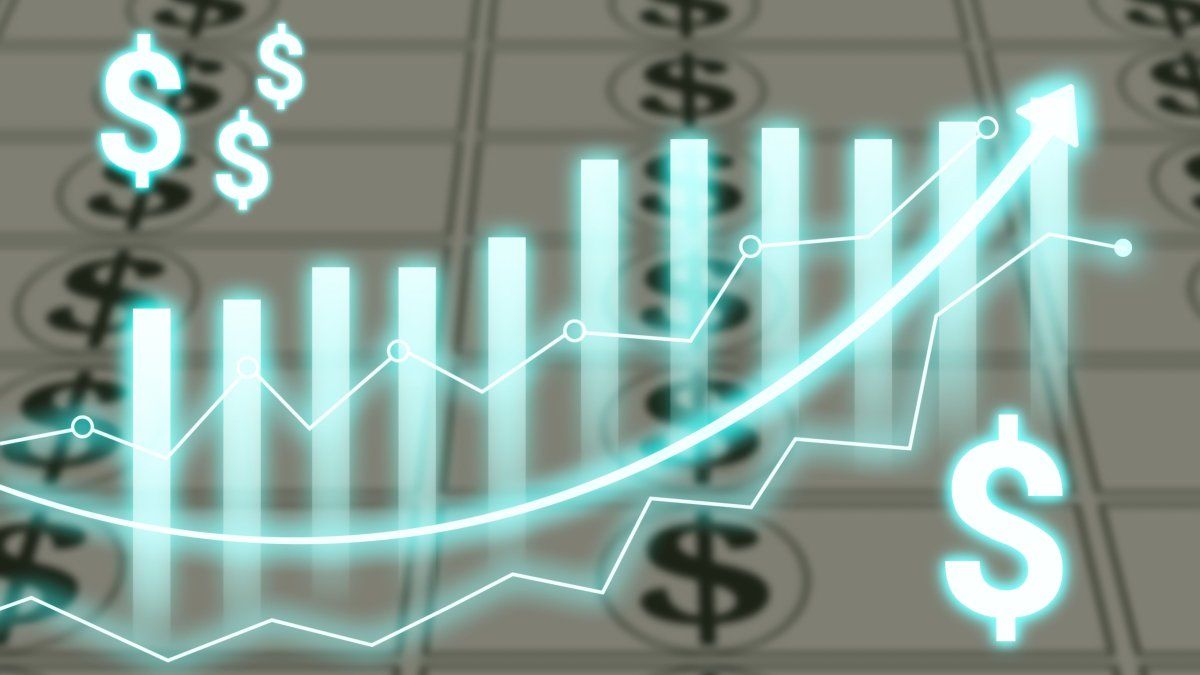This time the historic date has a special meaning: on the anniversary of the end of the war, there is war in Ukraine. Germany is signaling her further support. More visits coming soon?
At the German commemoration of the end of the Second World War in Europe 77 years ago, the focus is on solidarity with Ukraine. Chancellor Olaf Scholz (SPD) again sharply condemned Russia’s war of aggression against the country.
He wants to give a television speech on the anniversary of May 8, 1945 this Sunday. As part of the German presidency, the heads of state and government of the G7 countries are also convening for a conference in which Ukrainian President Volodymyr Zelensky is also scheduled to take part. Bundestag President Bärbel Bas is expected to visit Kyiv. Scholz’s possible travel plans remained open for the time being.
The chancellor said on Saturday in a video message at the party conference of the Hessian SPD in Marburg that the war against Ukraine launched by Russian President Vladimir Putin was brutal and unjustifiable. «Putin, end this war. The guns must be silent, withdraw your troops.”
Lindner: Visits require preparation
After weeks of discussions about visits by top German politicians, Bas travels to Kyiv at the invitation of Parliament Speaker Ruslan Stefantschuk. She could possibly also meet Selenskyj there. On Friday, the Ukrainian President again invited Scholz to this Monday – on May 9, Russia will celebrate the Soviet victory over National Socialist Germany in World War II. Scholz could take a “very strong political step” and come to the Ukrainian capital on May 9, Zelensky said at an event hosted by the London think tank Chatham House.
It remained unclear whether and when Scholz could travel. Federal Finance Minister Christian Lindner (FDP) told the German Press Agency on the sidelines of an election campaign event in Kiel that he had great respect for such a spontaneous invitation. Such a visit requires preparation. He suspects that the security authorities could not realize this in the short term. When asked whether Scholz should generally travel to Ukraine, Lindner said: “The Chancellor decides that himself. I know that he always carefully weighs his decisions from different perspectives.”
Scholz already has appointments
When asked, the federal government continued to refer to the Chancellor’s appointments that were already known, but did not have any other short-term appointments to announce for the time being. French President Emmanuel Macron is expected to make his inaugural visit to Berlin after his re-election on Monday.
From circles in the French presidential palace, it was said on Friday that Head of State Macron would travel to Kyiv if this was useful. There are no plans for him to go there with Chancellor Scholz, possibly after the two have met. “At the moment this is not planned at all.” As soon as a trip is in preparation, the Élysée Palace wants to inform you about it.
There had been disagreements between Kyiv and Berlin for weeks because a visit by Federal President Frank-Walter Steinmeier to Ukraine was not desired. Scholz had described the unloading as an obstacle to his own trip. Steinmeier and Selenskyj cleared up the irritations in a phone call. Scholz then announced that Foreign Minister Annalena Baerbock (Greens) would be traveling soon.
«Special May 8th»
The Chancellor’s televised address is to be broadcast on Sunday evening. The federal government had previously stated that it was “a very special May 8th this year”. The fact that two countries that fell victim to German aggression in World War II are now at war with each other is “a very depressing circumstance”. Scholz addressed the population shortly after the start of the Ukraine war on February 24.
According to the federal government, the video conference of the seven leading democratic economic powers (G7) on late Sunday afternoon should focus in particular on the situation in Ukraine. Given the historic date of May 8, the cohesion of the G7 is more important than ever. The G7 group includes Germany, Canada, France, Italy, Japan, the USA and Great Britain.
On May 8th, the end of the Second World War in Europe is commemorated by the unconditional surrender of the German Wehrmacht. The day also marks the liberation of Europe from National Socialism. In the Pacific region the war continued. It only ended there with the surrender of Japan on September 2, 1945.
Source: Stern
David William is a talented author who has made a name for himself in the world of writing. He is a professional author who writes on a wide range of topics, from general interest to opinion news. David is currently working as a writer at 24 hours worlds where he brings his unique perspective and in-depth research to his articles, making them both informative and engaging.




